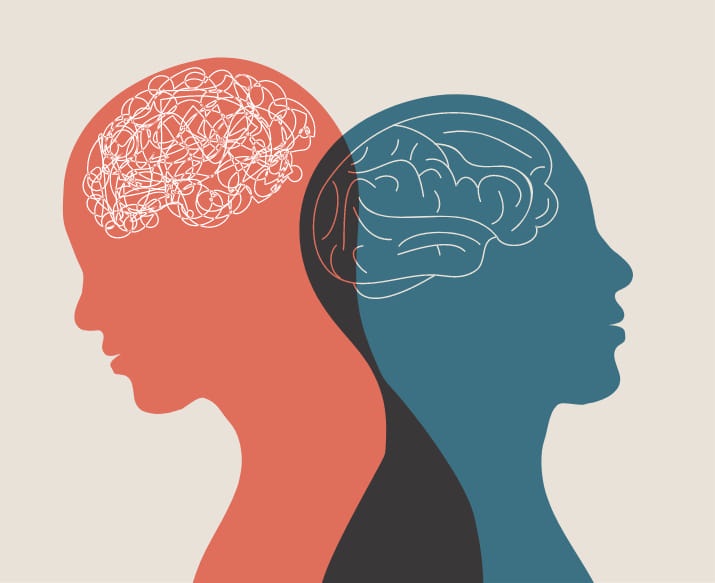Psychology, the scientific study of the mind and behavior, is a multifaceted discipline that delves into the complexities of human thought processes, emotions, and actions. Rooted in both philosophy and biology, psychology seeks to understand and explain a wide range of phenomena, from the intricacies of individual cognition to the dynamics of social interactions. This article aims to provide a detailed exploration of psychology, covering its history, major schools of thought, key concepts, and practical applications.
I. Historical Evolution of Psychology:
-
Ancient Foundations:
- Psychology's roots can be traced back to ancient civilizations, where philosophers such as Aristotle pondered questions related to the mind and soul.
- Early philosophical debates laid the groundwork for later psychological inquiries.
-
Birth of Modern Psychology:
- The late 19th century marked the formal emergence of psychology as a distinct scientific discipline.
- Wilhelm Wundt, often regarded as the father of psychology, established the first psychological laboratory in 1879, emphasizing the importance of systematic observation and measurement.
II. Major Schools of Thought:
-
Structuralism:
- Pioneered by Edward Titchener, structuralism aimed to analyze the basic elements of consciousness through introspection.
- Critics argued that introspection was subjective and unreliable, leading to the decline of structuralism.
-
Functionalism:
- William James, a prominent figure in functionalism, focused on understanding the adaptive functions of mental processes and behavior.
- Functionalism laid the groundwork for applied psychology and influenced the development of behaviorism.
-
Behaviorism:
- Led by John B. Watson and later B.F. Skinner, behaviorism emphasized the study of observable behavior rather than mental processes.
- The behaviorist perspective contributed to the rise of experimental psychology and behavior modification.
-
Psychoanalysis:
- Sigmund Freud's psychoanalytic theory delved into the unconscious mind, emphasizing the role of unconscious desires and conflicts.
- Psychoanalysis introduced concepts like the id, ego, and superego and greatly impacted clinical psychology.
-
Humanistic Psychology:
- Humanistic psychologists, including Abraham Maslow and Carl Rogers, focused on the positive aspects of human experience and self-actualization.
- The humanistic perspective emphasized individual growth, autonomy, and the pursuit of personal fulfillment.
III. Key Concepts in Psychology:
-
Nature vs. Nurture:
- The ongoing debate explores the relative influences of genetics (nature) and environment (nurture) on behavior and development.
-
Consciousness and Unconsciousness:
- The study of different states of consciousness, including sleep, dreams, and altered states, is central to understanding the mind.
- Unconscious processes, as explored in psychoanalysis, play a crucial role in shaping behavior.
-
Learning and Memory:
- Behavioral psychologists investigate how learning occurs through conditioning, while cognitive psychologists explore the mechanisms of memory.
-
Motivation and Emotion:
- Psychology delves into the factors driving human behavior, such as intrinsic and extrinsic motivation, and the complex interplay of emotions.
IV. Practical Applications:
-
Clinical Psychology:
- Clinical psychologists assess and treat mental health disorders using various therapeutic approaches.
-
Counseling Psychology:
- Counseling psychologists focus on helping individuals cope with life challenges, improve relationships, and enhance well-being.
-
Educational Psychology:
- This field applies psychological principles to enhance the learning and teaching processes, addressing issues like motivation, assessment, and classroom management.
-
Industrial-Organizational Psychology:
- Industrial-organizational psychologists apply psychological principles to workplaces, addressing issues like employee motivation, leadership, and organizational development.
Conclusion:
Psychology, with its rich history and diverse perspectives, continues to evolve and contribute to our understanding of the human mind and behavior. From ancient philosophical inquiries to modern empirical research, psychology remains a dynamic and essential field, offering insights that extend beyond academic realms into practical applications that shape our daily lives.


No comments yet